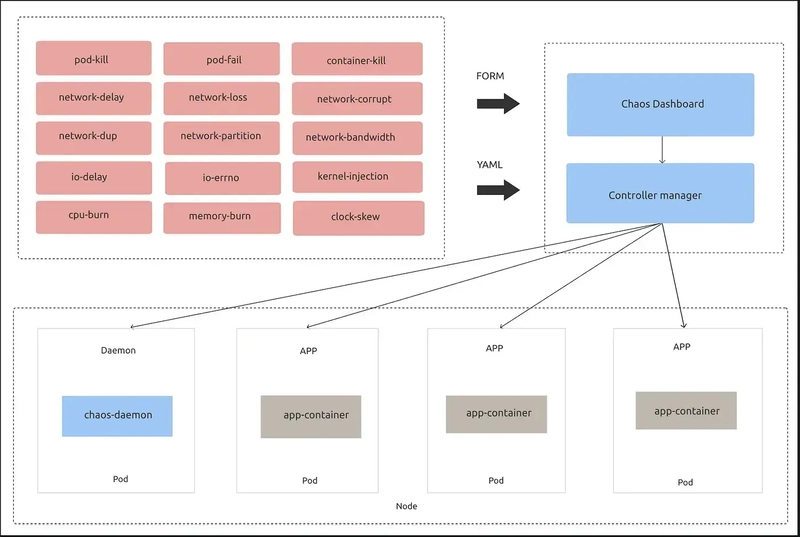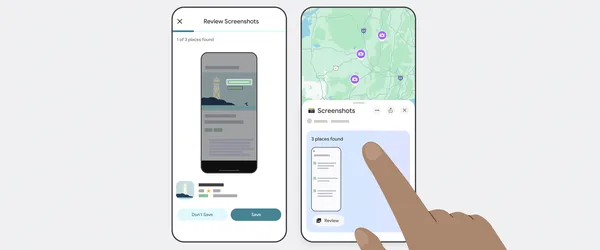Getting Started with Ollama: Run LLMs on Your Computer
Ollama makes it easy to run large language models (LLMs) locally on your own computer. This simple guide will show you how to install Ollama, run your first model, and use it in a Python script. Installing Ollama macOS Download the installer from ollama.ai Open the downloaded file and drag Ollama to your Applications folder Open Ollama from your Applications Windows Download the installer from ollama.ai Run the .exe file and follow the installation wizard Ollama will start automatically when installation completes Linux Just run this curl -fsSL https://ollama.ai/install.sh | sh Docker Ollama is also available as a Docker container: docker pull ollama/ollama docker run -d -v ollama:/root/.ollama -p 11434:11434 --name ollama ollama/ollama Running Your First Model Let’s try Llama 3.2 1B, a compact but capable model: ollama run llama3.2:1b The first time you run this command, Ollama will download the model. Once it’s ready, you’ll see a prompt where you can start chatting: >>> Why is the sky blue? The sky appears blue due to a phenomenon called Rayleigh scattering. As sunlight travels through the atmosphere, the shorter blue wavelengths of light are scattered more by air molecules than the longer red wavelengths. This scattered blue light comes to us from all directions in the sky, making the sky appear blue during the day. To exit the Ollama terminal, you can: Type /bye and press Enter Press Ctrl+D (on macOS/Linux) Press Ctrl+C twice Basic Ollama Commands Here are some useful commands to get you started: ### List all your downloaded models ollama list ### Download a model without running it ollama pull llama3.2:1b ### Remove a model you no longer need ollama rm llama3.2:1b ### Get information about a model ollama info llama3.2:1b Next Steps Once you’re comfortable with the basics, you can try the Ollama Python library to integrate it in your Python applications. Check this article Using Ollama with Python: A Simple Guide. Enjoy the freedom of running AI locally with Ollama!

Ollama makes it easy to run large language models (LLMs) locally on your own computer. This simple guide will show you how to install Ollama, run your first model, and use it in a Python script.
Installing Ollama
macOS
- Download the installer from ollama.ai
- Open the downloaded file and drag Ollama to your Applications folder
- Open Ollama from your Applications
Windows
- Download the installer from ollama.ai
- Run the .exe file and follow the installation wizard
- Ollama will start automatically when installation completes
Linux
- Just run this
curl -fsSL https://ollama.ai/install.sh | sh
Docker
Ollama is also available as a Docker container:
docker pull ollama/ollama
docker run -d -v ollama:/root/.ollama -p 11434:11434 --name ollama ollama/ollama
Running Your First Model
Let’s try Llama 3.2 1B, a compact but capable model:
ollama run llama3.2:1b
The first time you run this command, Ollama will download the model. Once it’s ready, you’ll see a prompt where you can start chatting:
>>> Why is the sky blue?
The sky appears blue due to a phenomenon called Rayleigh scattering. As sunlight travels through the atmosphere, the shorter blue wavelengths of light are scattered more by air molecules than the longer red wavelengths. This scattered blue light comes to us from all directions in the sky, making the sky appear blue during the day.
To exit the Ollama terminal, you can:
- Type
/byeand press Enter - Press Ctrl+D (on macOS/Linux)
- Press Ctrl+C twice
Basic Ollama Commands
Here are some useful commands to get you started:
### List all your downloaded models
ollama list
### Download a model without running it
ollama pull llama3.2:1b
### Remove a model you no longer need
ollama rm llama3.2:1b
### Get information about a model
ollama info llama3.2:1b
Next Steps
Once you’re comfortable with the basics, you can try the Ollama Python library to integrate it in your Python applications. Check this article Using Ollama with Python: A Simple Guide.
Enjoy the freedom of running AI locally with Ollama!






















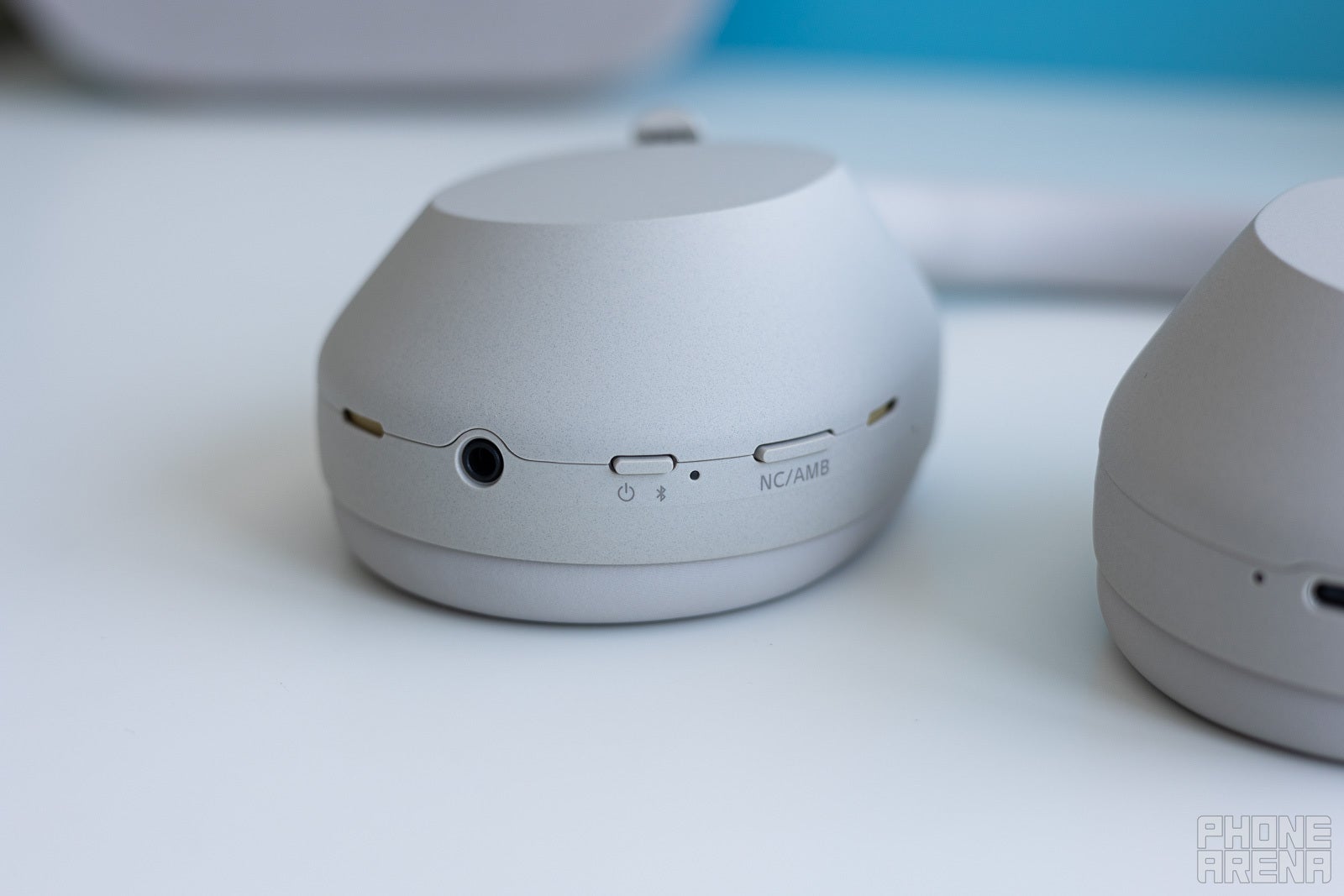



























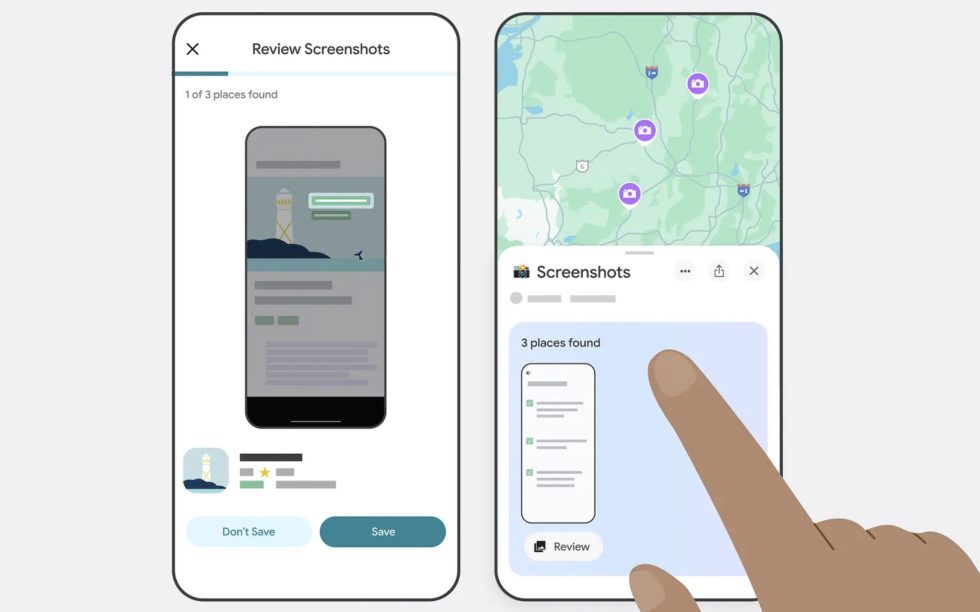
























![Beats Studio Pro Wireless Headphones Now Just $169.95 - Save 51%! [Deal]](https://www.iclarified.com/images/news/97258/97258/97258-640.jpg)























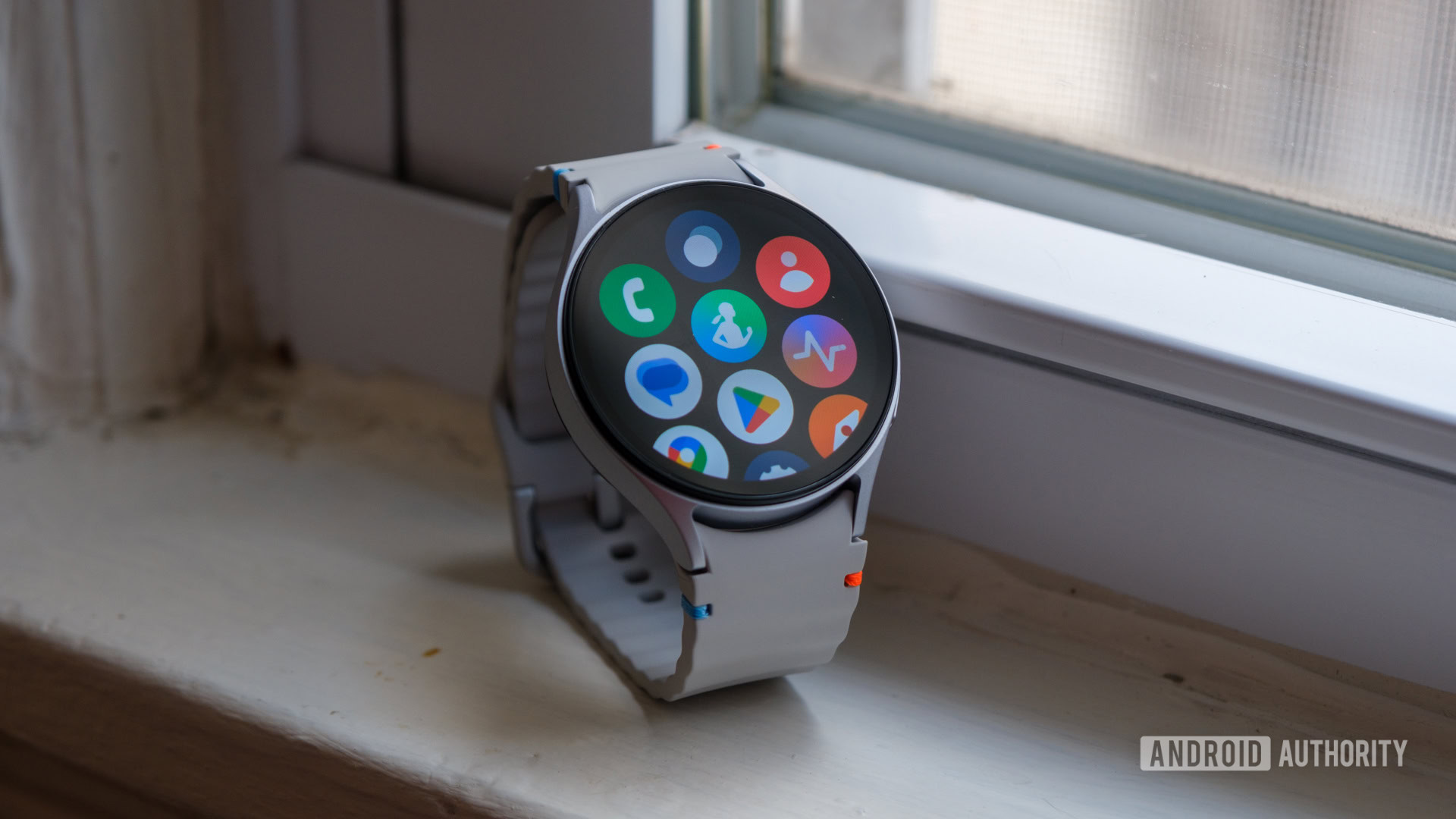






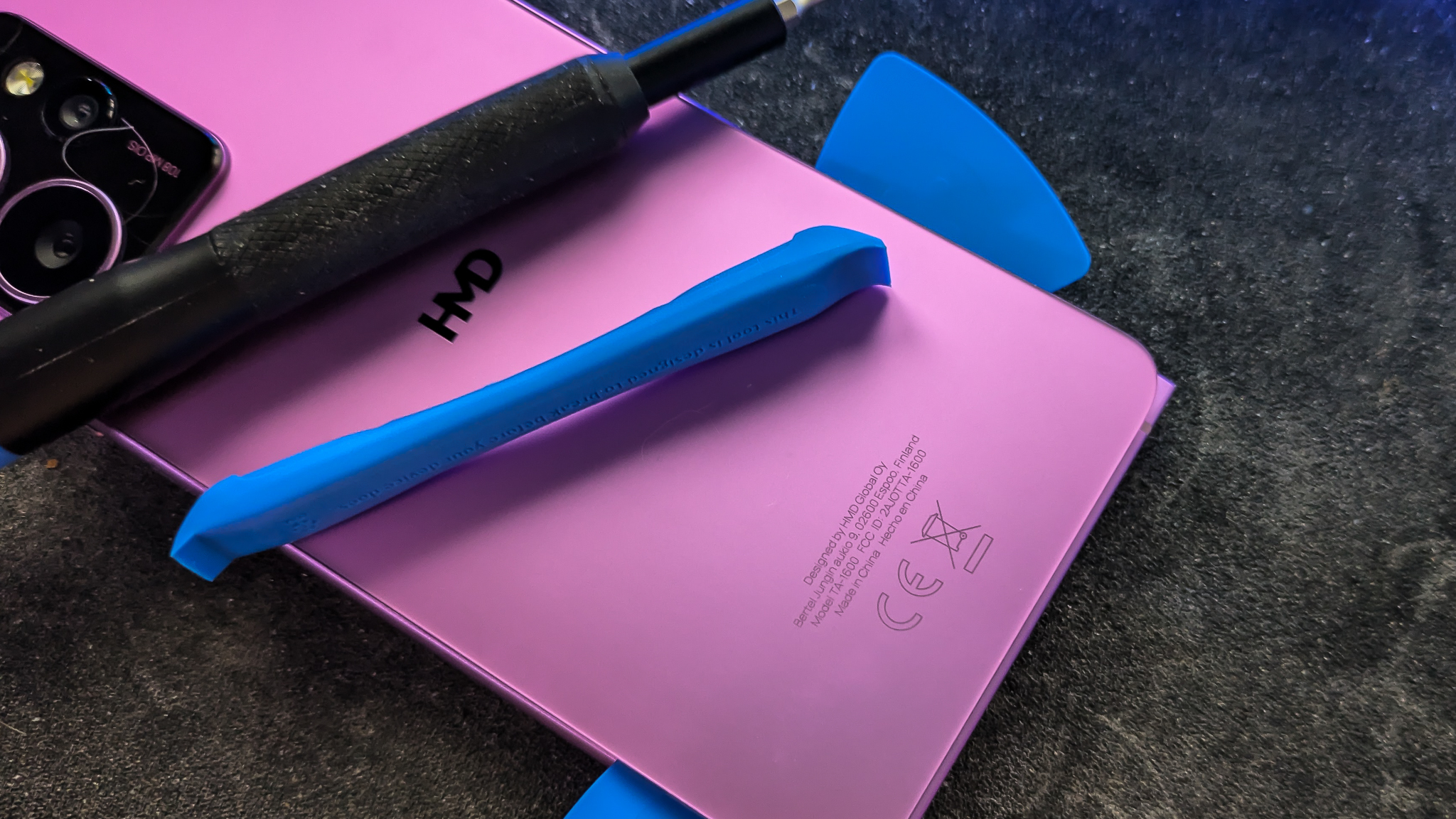

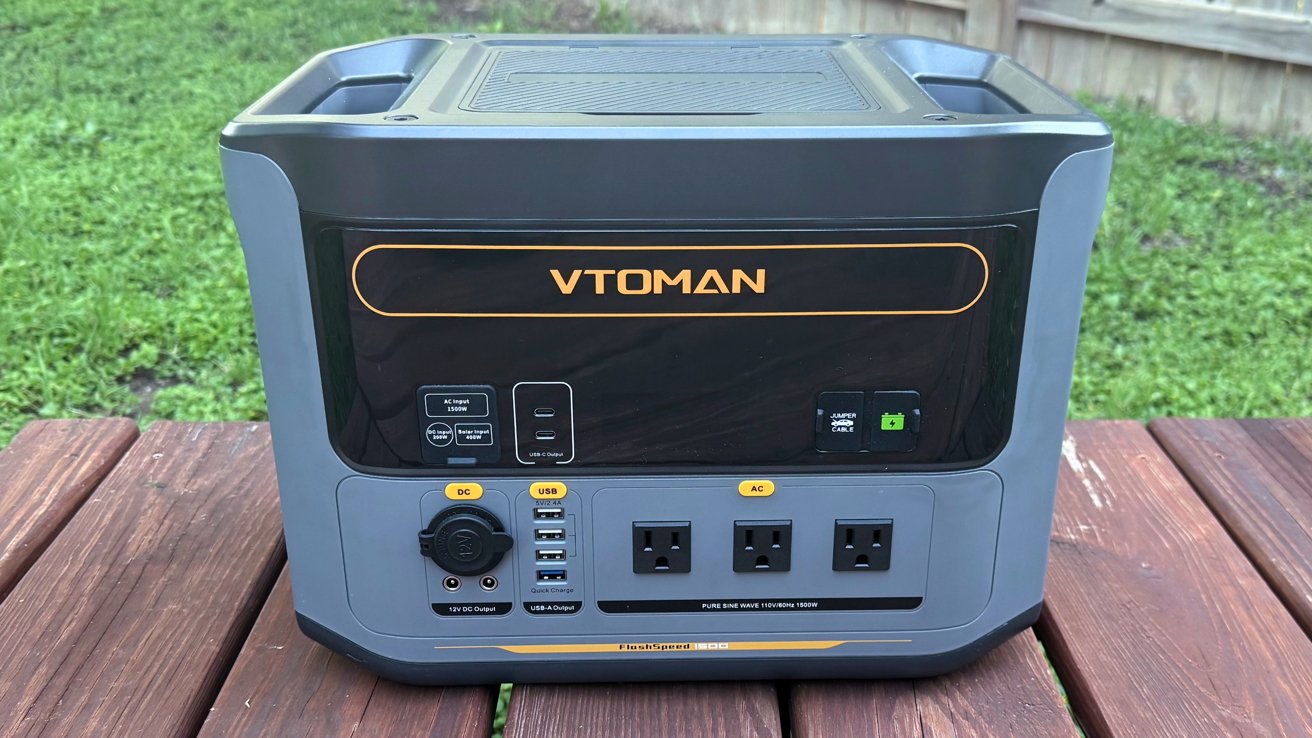

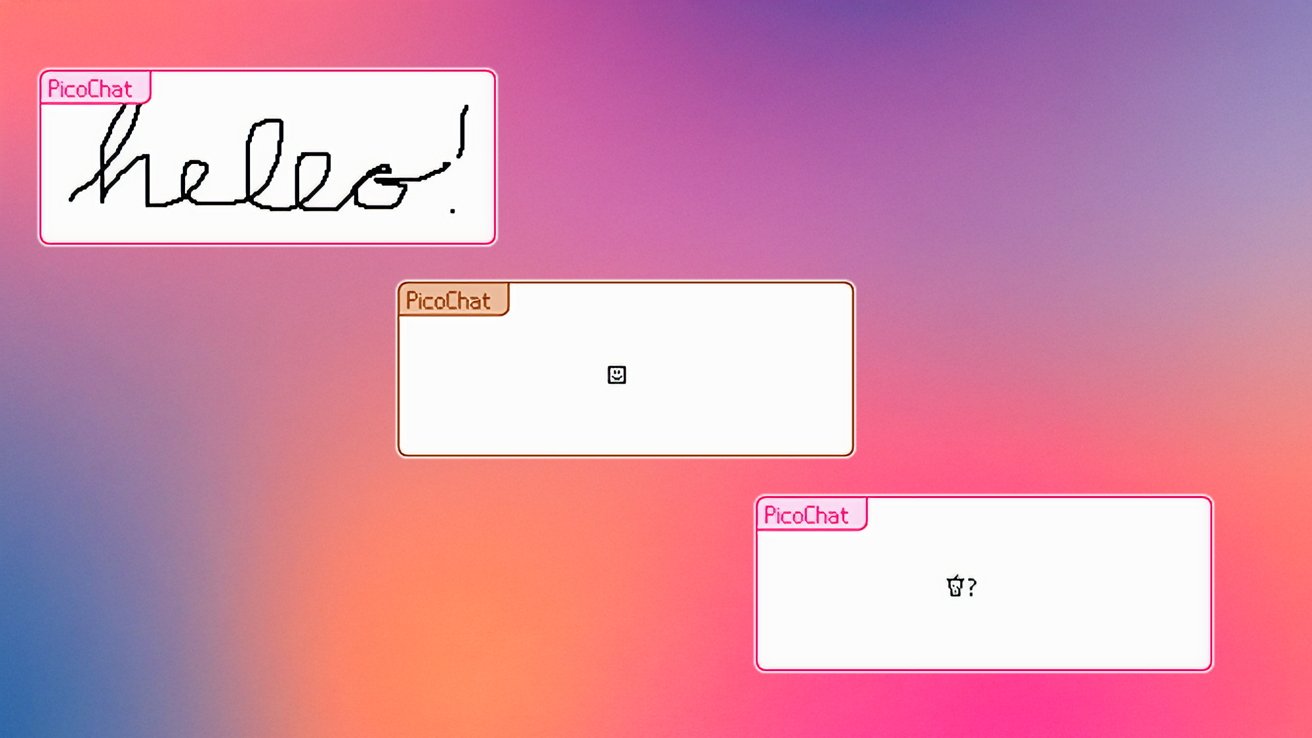
























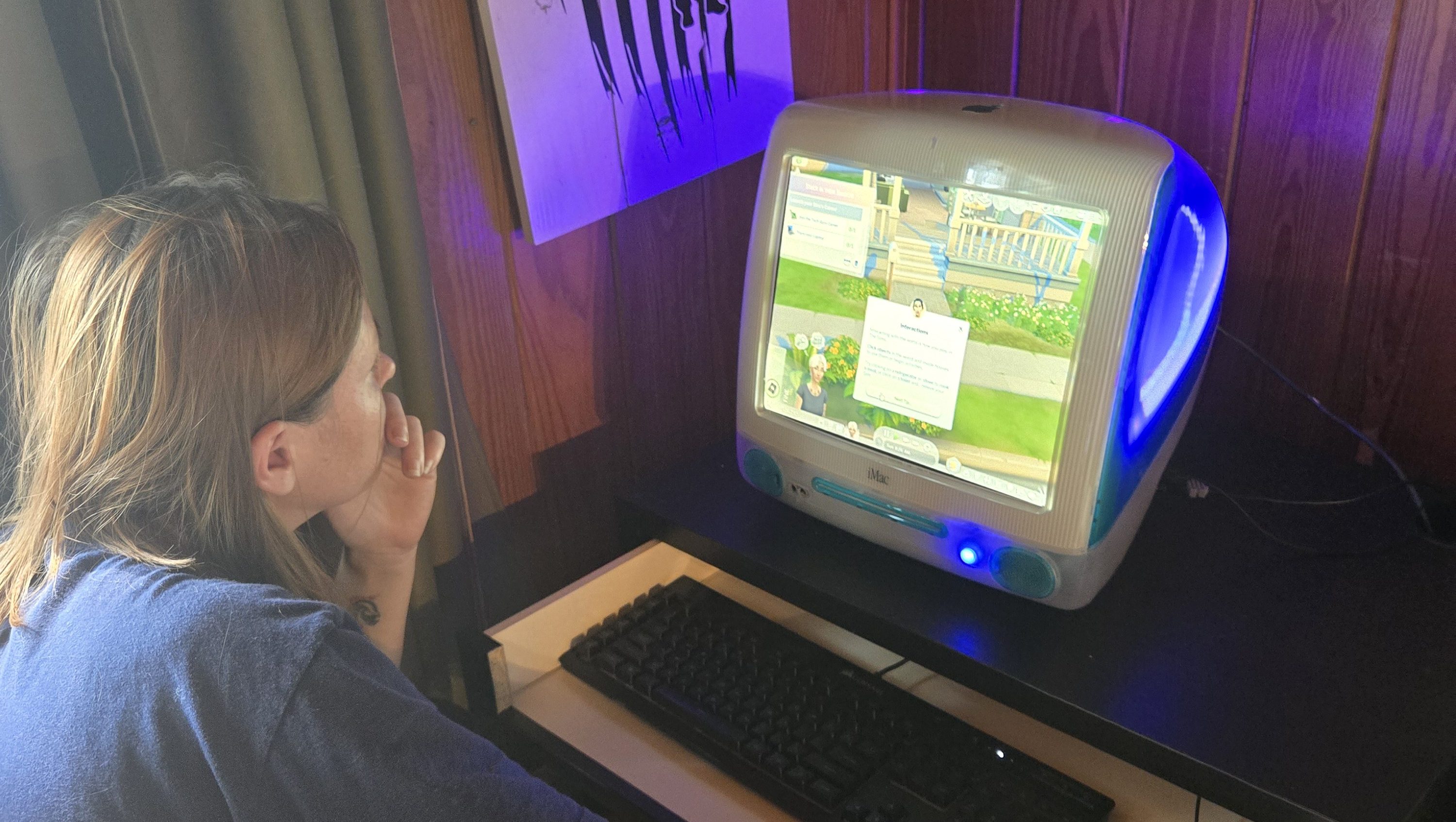

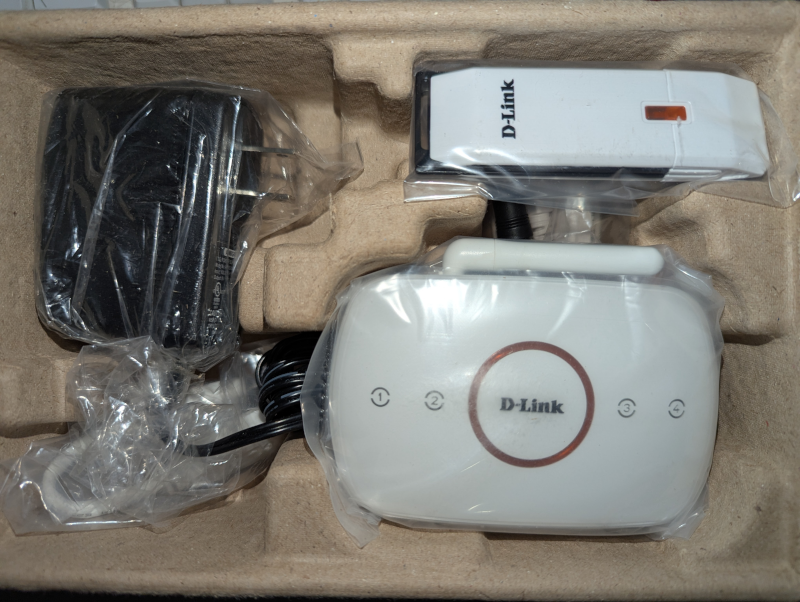
















































































































































































![[The AI Show Episode 146]: Rise of “AI-First” Companies, AI Job Disruption, GPT-4o Update Gets Rolled Back, How Big Consulting Firms Use AI, and Meta AI App](https://www.marketingaiinstitute.com/hubfs/ep%20146%20cover.png)

















































































































